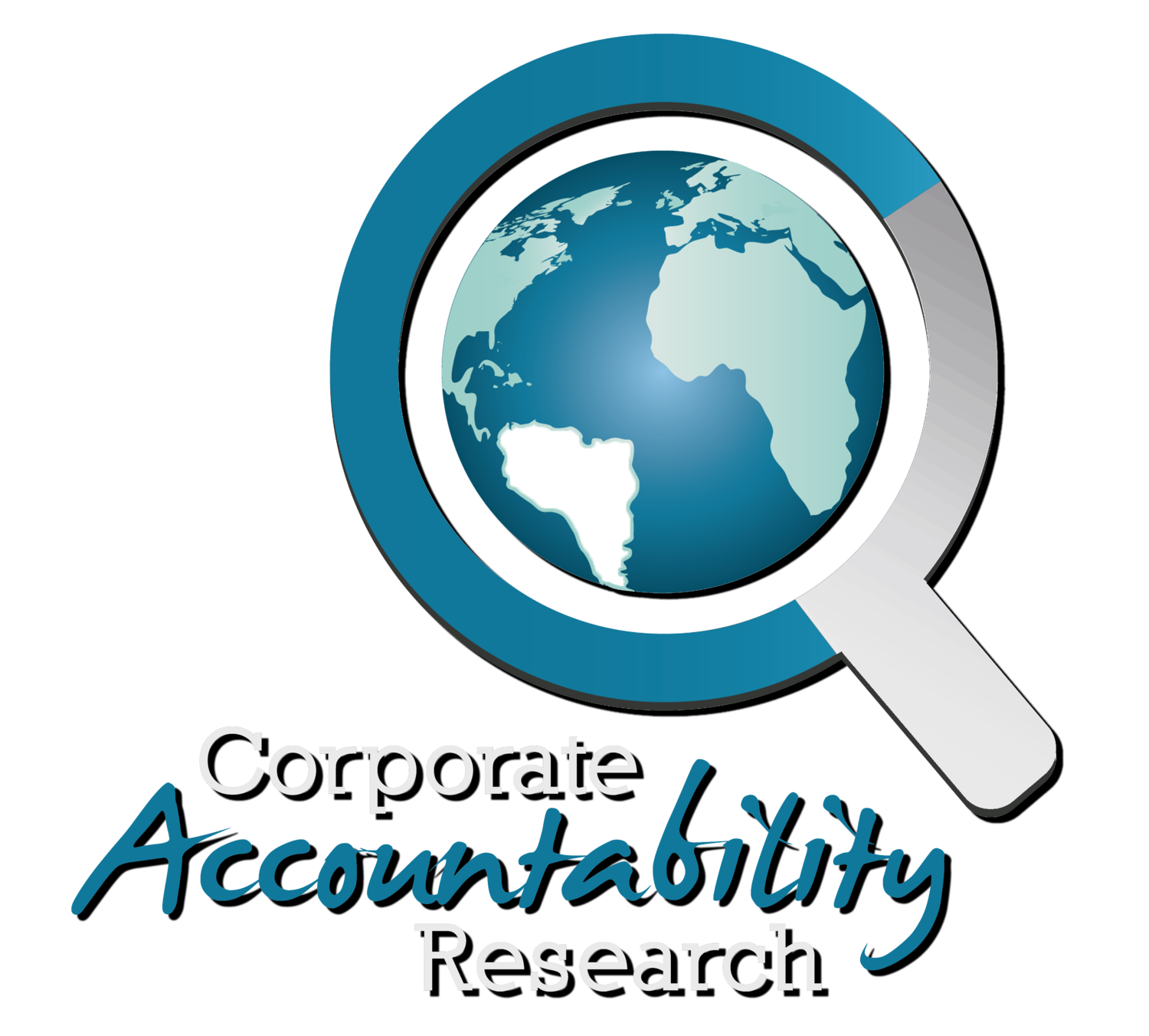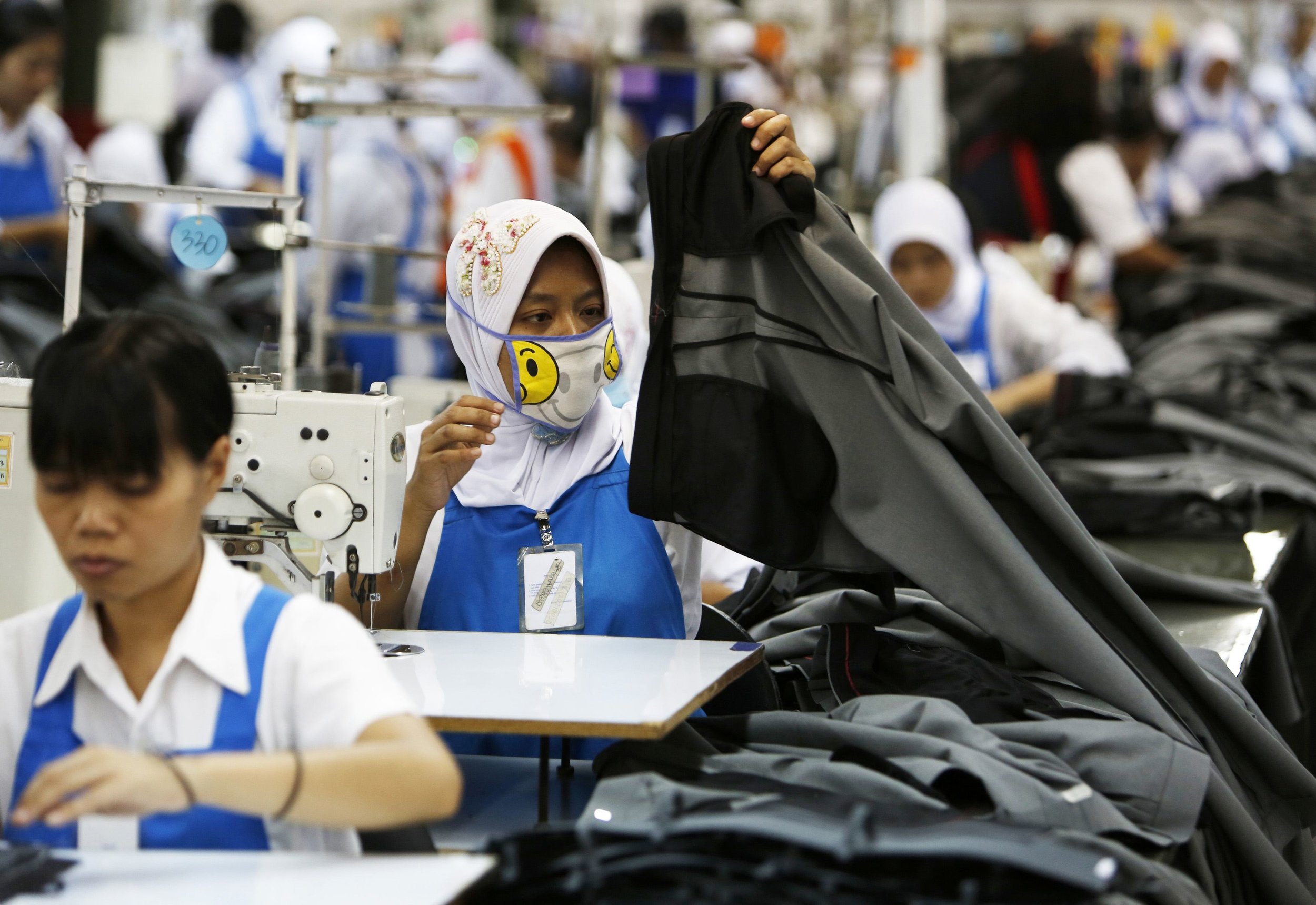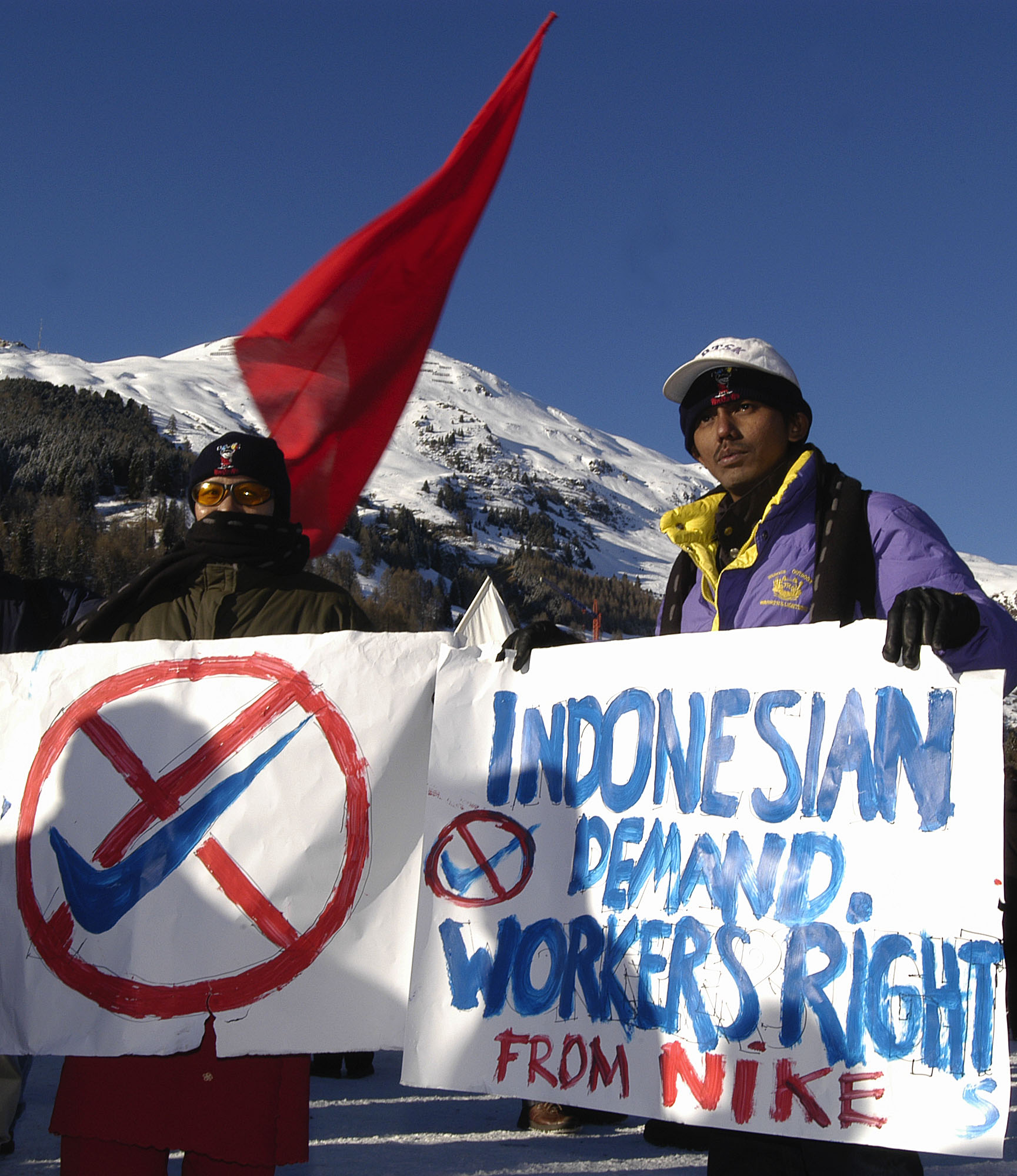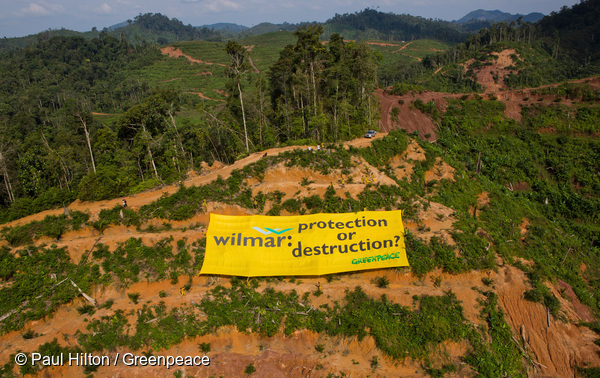Redress and Remedy Roundtable
10am-5pm, February 22nd 2017
Level 29, MLC Centre, 19 Martin Place, Sydney
Redress and Remedy for People Experiencing Injustice
RSVP Below
Following a 5 year investigation, a team of researchers from various Australian and UK universities, in partnership with a number of NGOs, including Action Aid, recently published 19 reports about non judicial redress based on over 500 interviews that can be found at: http://corporateaccountabilityresearch.net/njm-project-publications/#njr-reports. ActionAid Australia along with the University of Melbourne and RMIT are pleased to invite you to a roundtable to discuss the findings and their implications for policy and action.
The research examined attempts to gain human rights redress from multinationals from the UK and Australia, amongst other OECD countries, with supply chain and financing connections across the globe. The reports provide a range of recommendations for NGOs, Governments, the private sector, community men and women, and men and women workers.
During the day discussions will be facilitated on the implications of the research including:
- The Australian National Contact Point
- The National Action Plan for business and human rights in Australia
- A UN treaty on business and human rights
- The implications for privatization, particularly for women, in Australia’s Overseas Development Aid
The aim of the roundtable is to address the policy implications of the findings and establish shared objectives to improve access to redress and remedy for people experiencing injustice and harm. Joint actions will be identified to improve the policy and enabling environment to prevent harms from occurring and to ease access to redress and remedy.
Schedule
9.30amCoffee and Tea
10:00am - 10:30am Introductions
10:30am - 11:30am
Presentations on barriers to access for workers and communities seeking redress
What are the key factors that stop workers and communities accessing justice and achieving redress for breaches of human rights?
What factors contribute to heightened access to justice?
· Presentation by the Non Judicial Human Rights Mechanisms Project
· Skype discussion with community members from Cambodia affected by ANZ/Phomn Peng sugar (see summary below)
11:30am-11:45 Morning Tea
11:45 - 12:45
Business and Human Rights Treaty
What is the current state of progress in relation to international negotiations concerning the Business and Human Rights Treaty?
What is the Australian government's position in relation to the Treaty? How does this compare with other countries?
Is there a shared agenda we can agree to around the Treaty?
· Ingrid Landau to present 15 min update
· Facilitated by Justine Nolan
12.45 - 1.30Lunch
1.30pm-2.25pm
Australia’s National Contact Point
What is the ANCP's record in relation to providing redress?
How much is the ANCP following the OECD Guidelines?
What needs to change to improve its ability to provide redress?
Is it a lost cause?
Is there a shared agenda we can agree to around the ANCP?
· Shelley Marshall and Kristen Zornada to give a 15 minute update
· Facilitated by Tim Conor
2.35pm - 3.30pm
Australian National Action Plan for business and Human rights
What is the Australian government's progress with regards to a National Action Plan?
What is the likely content of the National Action Plan?
What should a shared agenda be with regards to demanding certain content?
· Keren Adam to give a 15 minute update
· Facilitated by Kate Macdonald
3:30pm - 3:45pm Afternoon Tea
3.45pm - 4.20pm
Privatisation of the aid programme and the implications for Business and Human Rights
What shifts are we seeing in the Australian Aid Program in relation to the private sector and its merging with trade and foreign affairs?
What safeguards are needed to ensure that human rights are paramount within Australia’s integrated foreign policy, aid and trade agenda?
Where might there be joint opportunities to influence this agenda?
· Facilitated by Michelle Higelin Deputy Executive Director ActionAid Australia
4.30pm - 5.15pm
Future Agenda
What research is required to stop gaps in our knowledge and make a credible intervention?
What shared action can we agree to?





